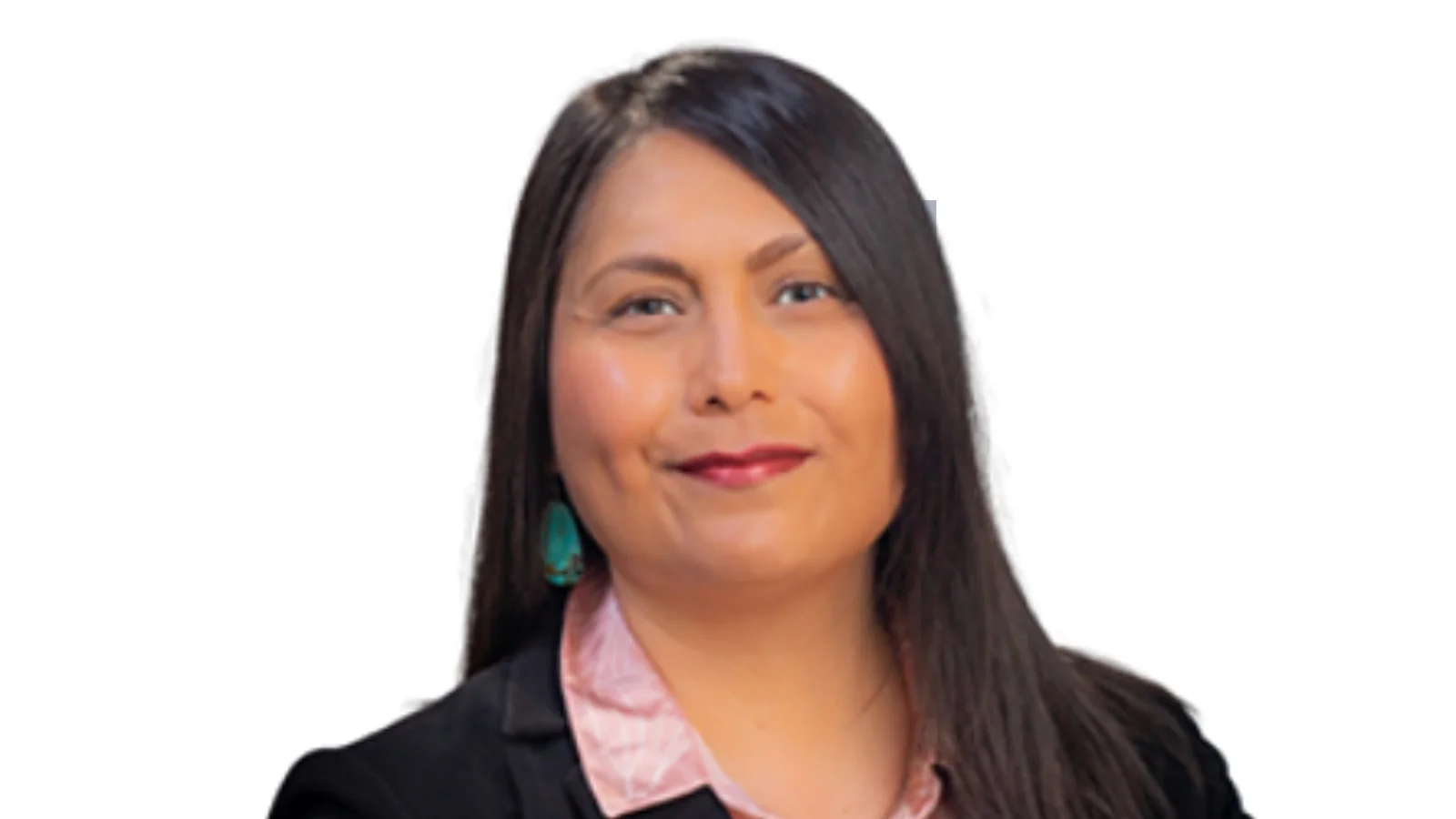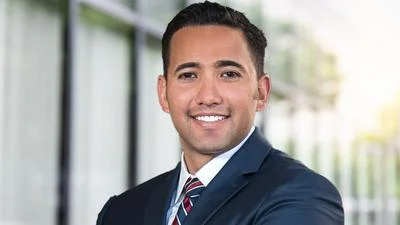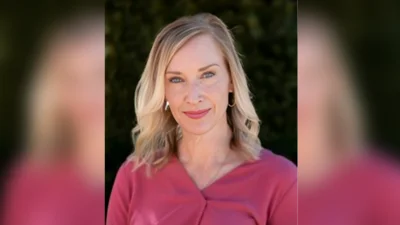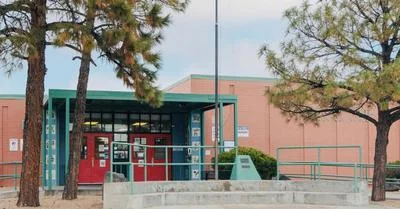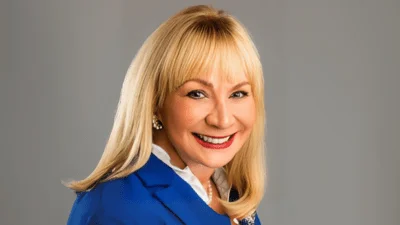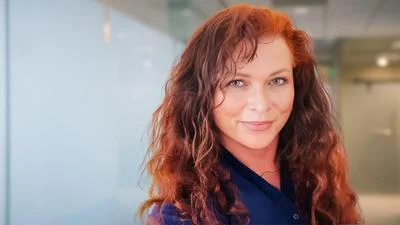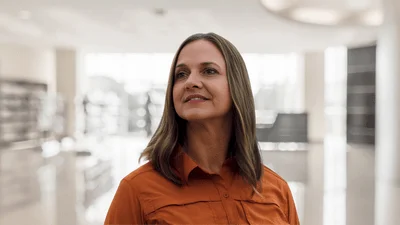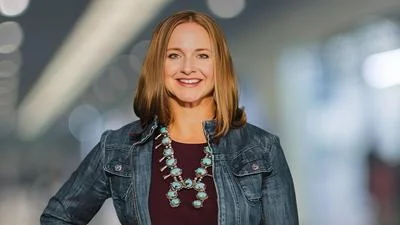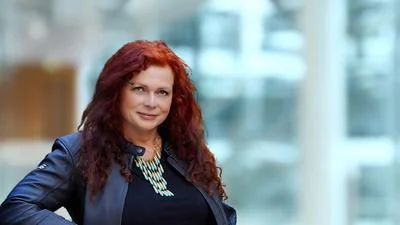RezRIDERS, a program designed to empower Indigenous youth through extreme sports and cultural engagement, continues to expand its reach across tribal communities. The initiative was founded by Greg Tafoya, MPH, of the Santa Clara Pueblo and Sac and Fox Nation, during his Master of Public Health practicum at The University of New Mexico College of Population Health.
Tafoya developed RezRIDERS—Reducing Risk through Interpersonal Development, Empowerment, Resilience and Self-determination—as a way to redirect risky behaviors into healthy activities like snowboarding, rafting, and rock climbing. Over time, the program has grown with the support of partnerships that help sustain its resource-intensive efforts.
Rebecca Rae, Jicarilla Apache, MCRP, MWR, serves as a research lecturer III with COPH and acts as both mentor and evaluator for RezRIDERS. She has participated in the same challenges as the youth before guiding them herself.
“It can be intimidating, learning to snowboard or raft for the first time, but that’s the point,” Rae said. “Growth happens just outside of the comfort zone, but never in the panic zone.”
The year-long curriculum follows the water cycle as both a planning tool and metaphor for personal growth. Activities begin with snowboarding in winter mountains and progress through rafting during spring melt to standup paddleboarding and high ropes courses. The program concludes with rock climbing and reflection during warmer months.
Rae explained that safety is central: before any activity begins, participants meet with trained mentors and certified instructors. Each day starts with prayer and discussions on cultural values rooted in Indigenous teachings.
“One of the first things we ask is, ‘What’s one core value that was gifted to you?’ Then at the end of the day, we ask, ‘How did you use that value today?’” Rae explained.
Participants complete surveys measuring empowerment, coping skills, gratitude, hope and anxiety at both entry and exit points in the program. According to Rae’s observations and collected data from these surveys over multiple sessions with youth participants from various tribal communities (https://hsc.unm.edu/population-health/), positive changes are consistently reported in areas such as self-confidence and resilience.
“On the fifth day of snowboarding, we get them all to the top of the mountain,” Rae said. “From there, they can see their whole community, and we start the conversation, ‘Where do we go from here? Where do you think the water flows next?’”
She added: “It’s about who they are, where they come from, and what they’re capable of becoming. RezRIDERS creates a space where Indigenous identity is honored, where healing is possible, and where transformation begins - one experience at a time.”
RezRIDERS remains free for participating youth thanks to ongoing partnerships. Program managers encourage new partners or funders interested in supporting this effort to contact Rebecca Rae (RRae@salud.unm.edu).
